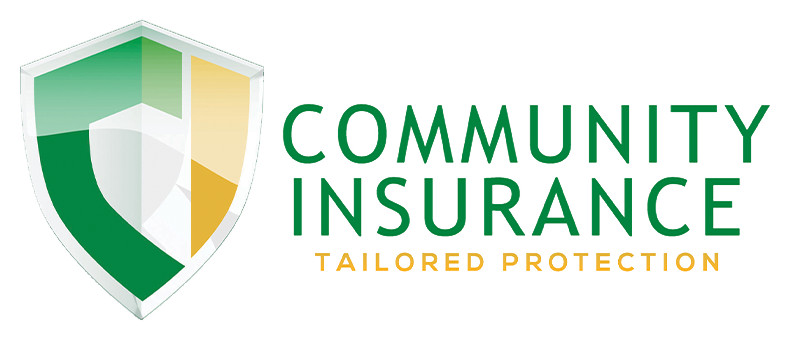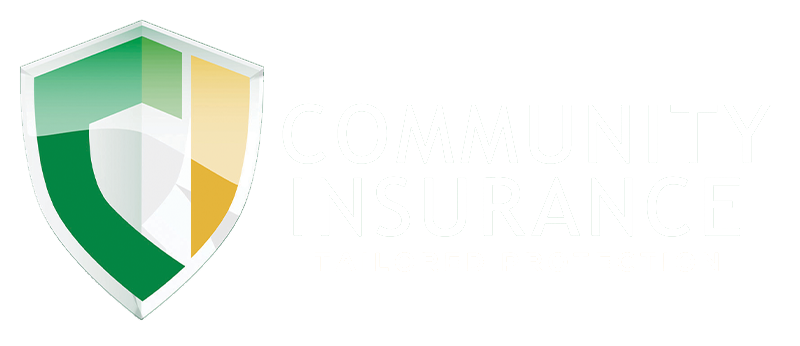Why Commercial Property Insurance is Essential
Commercial property insurance is a critical safeguard for businesses, offering protection against unexpected property damage and liability issues. However, when it comes to determining who is liable for damage involving neighboring properties, the situation can become complex. This complexity is heightened in cases of natural disasters, negligence, or unforeseen structural failures. Understanding how commercial insurance policies address these scenarios can be key to maintaining a business's financial stability. Who is Responsible if a Tree Falls Onto My Commercial Property?
If a tree falls onto your commercial property due to natural causes like a storm, wind, or lightning strike, your own commercial property insurance typically covers the damage. However, if negligence is involved, such as a poorly maintained or diseased tree on a neighbor's property, their liability insurance might cover the costs—though proving negligence is necessary. It's important to note that tree removal is generally not included unless the tree causes structural damage. What If My Neighbor's Property Causes Flooding on Mine?
Standard commercial property insurance does not cover flood damage, even if the flooding originates from a neighboring property. Separate flood insurance is required for this type of protection. If the flooding results from negligence, such as a neighbor's failure to maintain drainage systems or repair burst pipes, their liability insurance might cover the damage, but proving negligence remains a challenge. Coverage limitations exist for burst pipes on the insured property; while sudden breaks are typically covered, damages from neglect, poor maintenance, or freezing are not. What Happens if a Fire from a Neighboring Property Spreads to Mine?
In the unfortunate event that a fire spreads from a neighboring business to yours, your commercial property policy will generally cover the damages. However, if negligence is a factor—such as violations of fire codes—the neighbor's liability insurance may help cover some losses. Again, proving liability is crucial for this to apply. Who Pays for Debris Removal After a Disaster?
Debris removal costs can be covered by the liable party's insurance if negligence is demonstrated. If your policy covers the damage, it usually includes debris removal but may have limits. For events like flooding, which aren't covered without specific flood insurance, debris removal will also likely be excluded from standard coverage. Will My Insurance Cover Business Losses if I Have to Shut Down?
Business interruption insurance can cover lost income if your business is forced to close due to covered damages like fire or storm damage. However, flood-related closures are not covered under standard business interruption policies unless resulting from a covered peril under the existing policy.
Understanding the nuances of commercial insurance policies and their interaction with neighboring property claims is crucial. Business owners should regularly review their policies, consider additional coverage options such as flood insurance and business interruption insurance, and consult with insurance professionals to ensure comprehensive protection.

